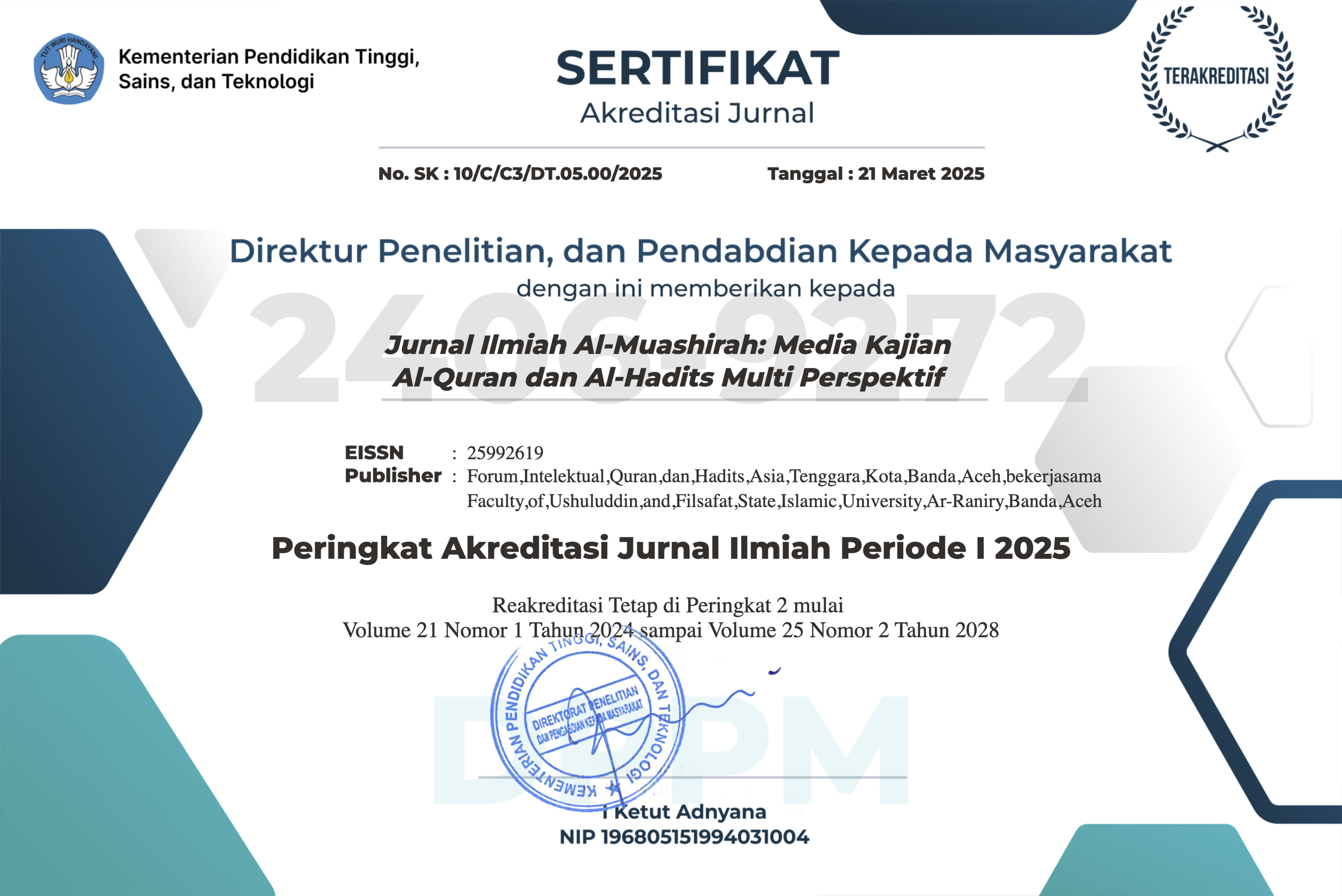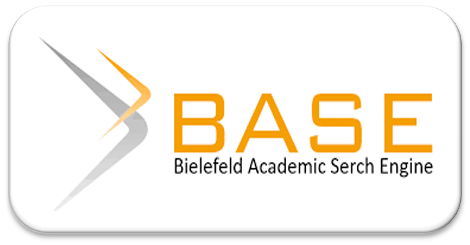Islamisasi Ilmu Dan Relevansi Sains-Agama Dalam Al-Qur’an Dan Hadis
DOI:
https://doi.org/10.22373/jim.v15i1.5455Keywords:
al-Qur’an, Hadis, Sains, Agama Islam, Islamisasi IlmuAbstract
In the midst of Western science and technology hegemony over the societies of countries around the world, especially Muslims, has had an enormous influence on the style, style and worldview of society, and the most striking is the secularization of science, technology and religion. There is a paradigm that considers the dividing wall between science and religion (Islam). This has led to the impression that religious education runs without the support of science and technology, in contrast, public education is present without a religious touch. To overcome the situation, one of the things to do is to open and re-understand the text of the Qur'an and Hadith, and to establish a dialectic between science, technology, and the science of religion. In addition, the "Islamization of science" project is an alternative to the desecularetation of science and religious science, which seeks to integrate world problems with the hereafter, synthesize faith, science and charity, integrate dhikr with thought. In short, integrating transcendental values into aspects of worldly life including science and technology.
Downloads
References
A. Baiquni, Al-Qur’an dan Ilmu Pengetahuan Kealaman, (Yogyakarta: Dana Bakhti Prima Yasa, 1997).
Agus Purwadi, Teologi Filsafat dan Sains, (Malang: UMM-Press, 2002).
Badri Yatim, Sejarah Peradaban Islam, (Jakarta: Raja Grafindo Persada, 1997).
Eva Iryani, “al-Qur’an dan Ilmu Pengetahuan”, dalam Jurnal Ilmiah Universitas Batanghari Jambi, Vol. XVII, No. 3, (2017).
Fachruddin dan Irfan Fachruddin, Pilihan Sabda Rasul (Hadis-Hadis Pilihan), (Jakarta: Bumi Aksara, 1996).
Ismail Raji Al-Faruqi, Islamisasi Pengetahuan, terj. Anas Mahyuddin, (Bandung: Pustaka, 1984).
M. D. Rahardjo, Ensiklopedi al-Quran Tafsir Sosila Berdasarkan Konsep-konsep Kunci, (Jakarta: Paramadina, 2002).
Mujamil Qamar, Epistemologi Pendidikan Islam: dari Metode Rasional hingga Metode Kritik, (Jakarta: Gelora Aksara Pratama, 2005).
Mulyadhi Kartanegara, Mengislamkan Nalar: Sebuah Respon Terhadap Modernitas, (Jakarta: Erlangga, 2007).
Mulyadhi Kartanegara, Reaktualisasi Tradisi Ilmiah Islam, (Jakarta: Baitul Ihsan, 2006).
Nurul Anam, “Al-Qur’an dan Hadis: Dialektika Sains-Teknologi dan Ilmu Agama”, dalam Jurnal al-‘Adalah, Vol. XVI, No. 2, (2012).
Rosnani Hashim, “Gagasan Islamisasi Kontemporer: Sejarah Perkembangan dan Arah Tujuan”, dalam Islamia: Majalah Pemikiran dan Peradaban Islam, (Jakarta: INSIST, 2005).
Sayid Qutub, “Sumber-sumber Ilmu Pengetahuan dalam al-Qur’an dan Hadis”,dalam Jurnal Humaniora, Vol. II, No. 2, (2011).
Sholeh, “Islamisasi Ilmu Pengetahuan (Konsep Pemikiran Ismail Raji Al-Faruqidan Syed Muhammad Naquib Al-Attas)”, dalam Jurnal al-Hikmah, Vol. XIV, No. 2, (2017).
Syamsul Nizar, Sejarah Pendidikan Islam, (Jakarta: Kencana Prenada Media Group, 2008). Ziauddin Sardar, Jihad Intelektual: Merumuskan Parameter-Parameter Sains Islam, (Surabaya: Risalah Gusti, 1998).
Downloads
Published
Issue
Section
License
Authors who publish in Jurnal Ilmiah Al-Mu'ashirah agree to the following terms:
- Authors retain copyright and grant the journal right of first publication with the work simultaneously licensed under a Attribution-ShareAlike 4.0 International (CC BY-SA 4.0) License that allows others to share the work with an acknowledgment of the work's authorship and initial publication in this journal.
- Authors are able to enter into separate, additional contractual arrangements for the non-exclusive distribution of the journal's published version of the work (e.g., post it to an institutional repository or publish it in a book), with an acknowledgment of its initial publication in this journal.
- Authors are permitted and encouraged to post their work online (e.g., in institutional repositories or on their website) prior to and during the submission process, as it can lead to productive exchanges, as well as earlier and greater citation of published work (See The Effect of Open Access).













